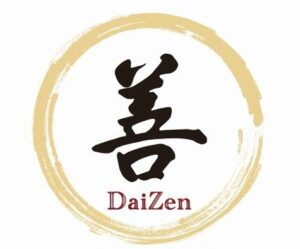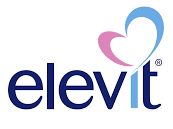
Winter tonic: Don't take ginger duck and sesame oil chicken with cold medicine
In the cold winter, a bowl of steaming hot chicken with rice wine or ginger duck is a top choice for many to keep warm and nourish the body. These heartwarming dishes are a common dietary choice in winter. However, special attention should be paid if you are currently suffering from...coldWhen taking cold medicine, one must be extra careful when supplementing one's diet—because the alcohol added to the medicinal diet may interact with the medicine, leading to adverse consequences, and in severe cases, even threatening one's health.
In response, the Food and Drug Administration (FDA) issued a special warning: Whether it's sesame oil chicken or ginger duck, alcohol is usually used for flavoring and aroma enhancement during the preparation process. If you consume these nourishing dishes after taking medication, the medication and alcohol are likely to interact. This interaction may not only increase the side effects of the medication itself, but may also damage the liver and kidneys. Furthermore, the adverse symptoms that appear after different types of medications react with alcohol will vary.
According to information compiled by the Drug Injury Relief Foundation, there are significant risks associated with taking many common medications with alcohol. For example, drinking alcohol while taking blood pressure medication can cause blood pressure to drop too low, leading to dizziness, weakness, and other discomforts. Furthermore, when blood sugar-lowering medications or insulin come into contact with alcohol, the effects of hypoglycemia are prolonged, potentially causing coma, headaches, and other symptoms in severe cases, posing an even greater risk to diabetic patients.
Regarding antipyretic analgesics, drinking alcohol after taking nonsteroidal anti-inflammatory drugs (NSAIDs) significantly increases the risk of gastrointestinal ulcers or bleeding. Even with acetaminophen (such as acetaminophen), alcohol can exacerbate the hepatotoxicity of the drug if the patient has poor liver function, potentially leading to liver damage. As for centrally acting drugs, such as sedatives, hypnotics, antidepressants or bipolar drugs, antipsychotics, and morphine-based analgesics, the risks are even more severe when taken with alcohol. Symptoms may include drowsiness, mental instability, and impaired motor coordination; in extreme cases, it can even lead to coma or respiratory failure, endangering life.
In addition to the interaction between drugs and alcohol, the Food and Drug Administration also reminds the public that...Winter tonicsMany medicinal diets are made by decocting Chinese medicinal herbs, and these herbs may also react with Western medicines. Such interactions may not only enhance or weaken the efficacy of Western medicines, affecting treatment results, but may also increase the risk of side effects. Therefore, it is important to avoid consuming medicinal diets while taking medication, and never mix Chinese and Western medicines on your own. If you have any needs for supplementation, it is recommended to consult a doctor or pharmacist first to ensure medication and dietary safety.




































































